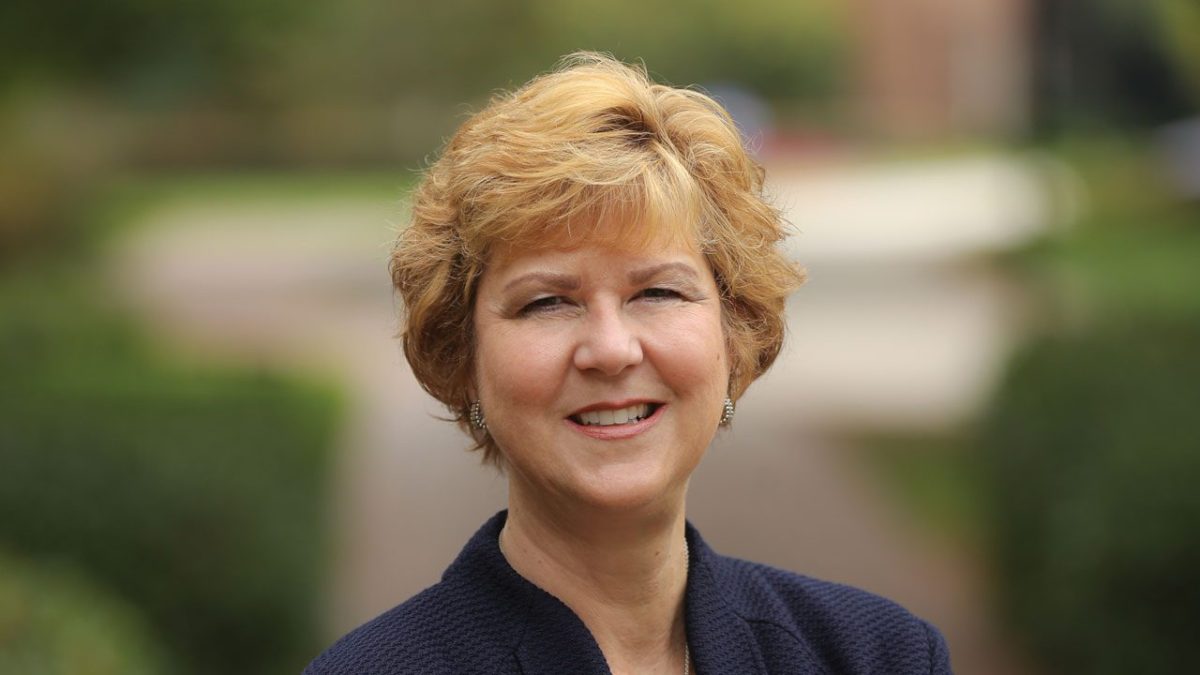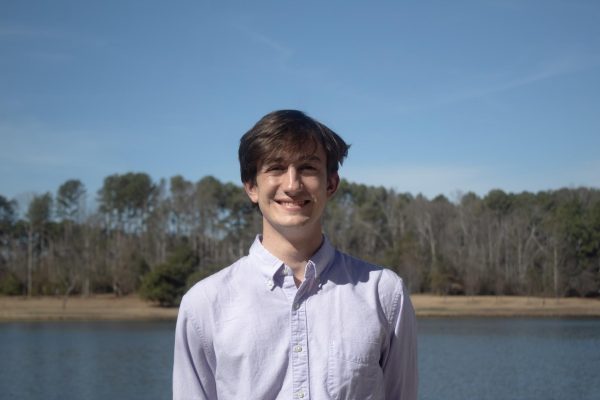On Feb. 21, President Elizabeth Davis emailed the student body to announce the publishing of the Statement on Freedom of Inquiry and Expression.
“This statement, which you can find on our Vision, Mission, Values and Free Inquiry & Expression website, clearly and definitively expresses Furman’s steadfast resolve to ensuring an environment in which diverse views and perspectives can be heard without interference,” Davis writes in an op-ed in The Post and Courier.
The statement was published as part of the larger On Discourse initiative, which was born from the ideas in the speeches of Davis, Communications Professor Dr. Cynthia King and Politics and International Affairs professor Dr. Brent Nelsen during Fall Convocation.
The need for this initiative first appeared as a result of the controversial Wall Street Journal article outlining Mary Eberstadt’s refusal to attend a CLP put on by the Tocqueville Program. Davis wrote a Letter to the Editor in the same paper three days after to clarify the university’s goals.
“While not everyone has agreed with the university’s invited speakers, Furman remains steadfast in its support of the free exchange of ideas and open dialogue,” Davis wrote. “This is evidenced by the wide range of speakers who have been invited and chose to speak despite encountering criticisms or opposing views.”
Seeing the growing importance of civil discourse on college campuses, the faculty sought to educate the Furman community on practical ways for facilitating these conversations.
“The first thing we wanted to do was amplify and elevate the initiatives that were both evidence of engagement across ideological and political differences and amplify opportunities for students and members of the community to cultivate the skills for doing so,” King said.
As the initiative took form over the following months, the lengthy drafting process for the statement began. Early on, it faced criticism over its drafting process itself from other faculty members until a final draft was reached.
“The statement would receive overwhelming support at the Feb. 7 faculty meeting. We have crafted that statement to represent the set of commitments that lay the groundwork for working across differences,” King said.
According to King, many donors, alumni and members of the wider Furman community had pushed for the initiative for some time.
“The statement is designed to clarify expectations of what it really means to have free inquiry and expression on campus,” Davis said.
In the months following Convocation, the initiative has taken the form of CLPs, specialized courses, and more programs that students can be easily involved in, such as the Riley Institute’s Straight Talk series and Dins Dialogue. These events seek to model healthy conversations for students and members of the wider community. The upcoming CLP “A Woman’s Place” on March 27 is the next installment of the initiative, highlighting the longest-serving state judge Justice Kaye Hearn.
Moving forward, the Freedom of Inquiry and Expression statement will provide a concrete backing of the initiative and its goals.
“Our statement represents an ideal, and we are likely to fall short on occasion,” Davis writes. “Rather than condemn, let us all commit ourselves to supporting each other as we grow in our ability to engage in healthy dialogue.”





































